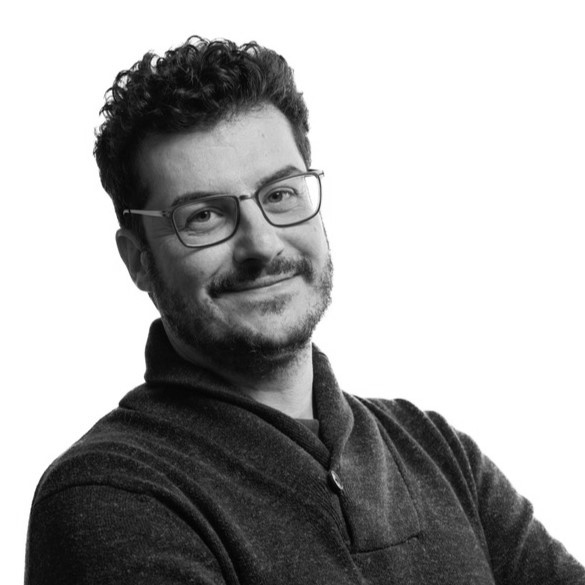
This article is also available in Italian / Questo articolo è disponibile anche in italiano
From New York - “France will recognise the Palestinian state.” These were the words of President Emmanuel Macron in his speech at the conference jointly organised with Saudi Arabia during the United Nations General Assembly to support the two-state solution proposal. Saudi Foreign Minister Faysal bin Farhan, attending alongside the French president, described it as “a historic step”. Macron was met with a lengthy round of applause, while Washington looked on with annoyance at the long parade of heads of state, ministers and diplomats who had flocked to the conference, created to accelerate the creation of a sovereign national entity for the Palestinian people.
Countries that have recognised Palestine as a state
Ten Western countries formally recognised Palestine as a state on Monday: Andorra, Australia, Belgium, Canada, Great Britain, Luxembourg, Portugal, Malta and San Marino, in addition to France. Only Germany and Italy backed out, despite Minister of Foreign Affairs Antonio Tajani reiterating in a press conference that “he will sign the document that seeks a two-state solution: a document that strongly urges Israel to allow humanitarian aid and anything else that may be useful to the Palestinian people”.
Tajani added that Italy will continue to help the Palestinian people achieve their dream, “that of being protected by a state that we want to recognise and are working to build more than any other.” A shot at both sides to please the many right-wing voters who are not very sympathetic to Zionism, but also to avoid upsetting Trump, who, through his Secretary of State, Marco Rubio, had tried everything to thwart the conference sought by the French, which instead turned out to be a great diplomatic success.
The White House's condemnation
White House spokeswoman Karoline Leavitt condemned the recognition, stating that “it does nothing to free the hostages, which is the main objective in Gaza right now”, and “does nothing to end this conflict and bring this war to an end.” This is a significant setback for the American president, who will speak today at the opening of the high-level segment. The large presence of millenarian Christians, who have always been pro-Zionist, among Trump's supporters pushes him to embrace Netanyahu's radical approach without backing down. And the deal for the reconstruction of Gaza is seen by many in his inner circle as a great business opportunity.
Macron, together with the Gulf States, is already looking beyond this, albeit from a different perspective. After “the first phase”, the peace plan, “the second phase is that of stabilisation and reconstruction in Gaza”, he declared in the General Assembly hall. “A transitional administration that includes the Palestinian Authority, which will be tasked with dismantling and disarming Hamas, with the support of international partners and the resources necessary for this difficult mission. France is ready to contribute to an international stabilisation mission and to support, with its European partners, the training and equipping of the Palestinian security forces,” he said. “It will also be up to the State of Palestine […] to offer its citizens a renewed and secure framework for democratic expression.”
Palestinian state, Netanyahu: “It will never happen”
Israeli Prime Minister Benjamin Netanyahu has rejected the recognition and the idea of a Palestinian state. “It will never happen.” Meanwhile, some government ministers are pushing Israel to annex part of the West Bank. This challenge has been very poorly received by Arab diplomats in New York. For the Saudis, the annexation of the West Bank would have “significant implications.” The United Arab Emirates, which has relations with Israel, has called the annexation a “red line.”
Palestinian President Mahmoud Abbas, speaking at the United Nations conference via video conference (the US denied him a visa in an unprecedented move), said that the time has come for Hamas to hand over its weapons to the Palestinian Authority, stressing that it will have no role in the new government. “We need to bring aid to Gaza. We need the release of prisoners,” he said.
A couple of blocks away, beyond the police barriers and long rows of black Suburban and Escalade SUVs belonging to diplomatic delegations, a small group of protesters loudly called for an end to the Palestinian conflict. A request that today seems a real possibility.
Cover: UN Photo/Loey Felipe


